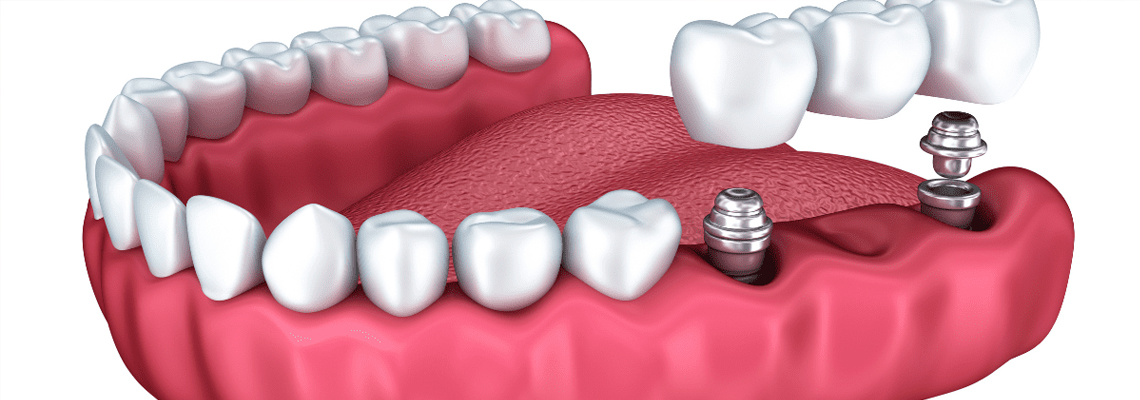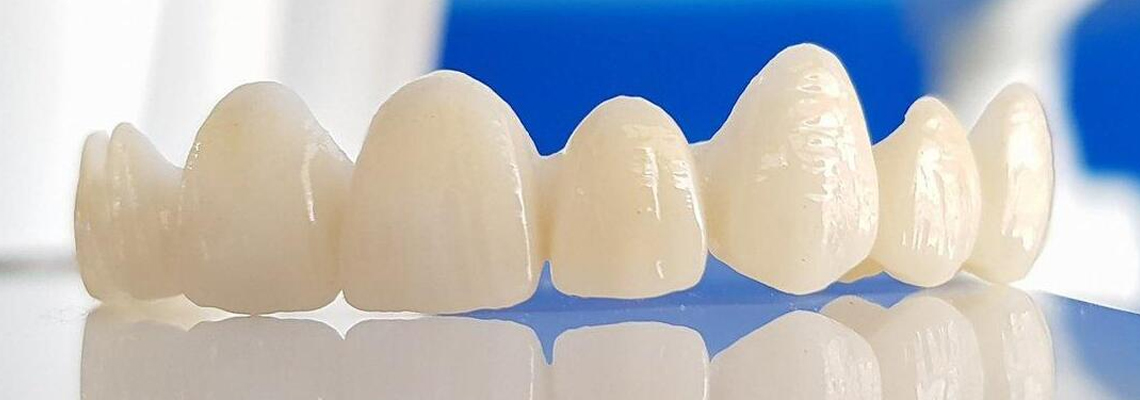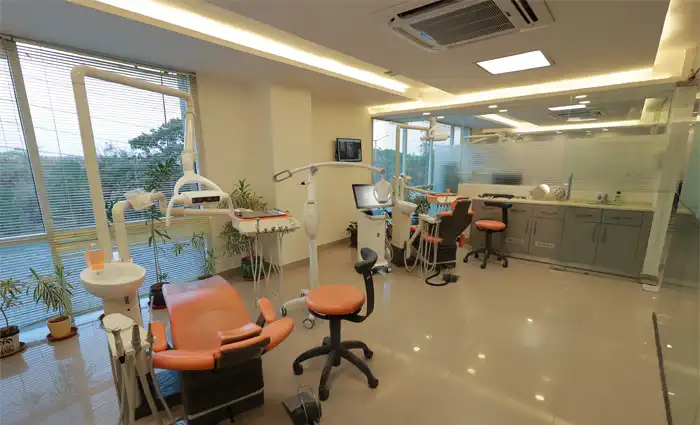When you get a dental implant or implants to replace missing teeth, you’re making an investment in your appearance, your ability to chew and speak, and your overall quality of life. If you take good care of your dental implants, they are very likely to work. This article will talk about some of the most important things to keep in mind if you want your dental implants to last for a long time. We have put these important things into three stages: surgery, recovery, and long-term care.
Choosing the Right Dentist
Choosing the right implant dentist is the first step to making an implant work. This is important because the success of the dental implant depends on how it is placed. An experienced implant dentist knows these basic ideas and takes into account any problems that could affect long-term success.
Dr. Motiwala has been putting in dental implants successfully for more than 15 years. He takes classes every year to make sure he’s always at the top of his game when it comes to implants. In our pre-operative implant planning and implant placement protocols, he uses the most cutting-edge technology.
We use three-dimensional imaging, which gives us the exact measurements we need to figure out where the implant will go. We don’t rely on 3D technology to do the work for us. Instead, Dr. Motiwala uses the information from the 3D image along with her knowledge and experience to plan the exact size and placement of each patient’s dental implant.
The long-term success rate of implants is highest when they can be planned for. Through our education, experience, and use of new technology, we can predict what will happen.
Short-Term Recovery: Don’t Smoke
After your experienced implant dentist uses the latest technology to put in a dental implant, you must follow the post-operative instructions to make sure you heal well. One of the most important things you can do right after the surgery to put in the implants is to NOT smoke.
During the first few months after implant surgery, the jawbone grows into the implant root form and connects to it. We call this process osseointegration. Without this process, the implant will not work. For osseointegration to work well, the bone needs a lot of blood. So, smoking comes into play.
When you smoke or use nicotine in any form, it makes the tiny blood vessels in the body’s extremities narrow or constrict. (This is also why people who smoke often get gum disease that gets worse over time.) If the surgery site doesn’t get enough blood, the bone is less likely to heal and grow around the implant.
Dental implants fail much more often in smokers than in people who don’t smoke. The amount of nicotine you use affects how much your blood flow is cut off. People who smoke two packs of cigarettes a day are more likely to have their implants fail than people who only smoke a few cigarettes on the weekends.
You can lower the chance of this happening by NOT smoking for at least a week before your implant surgery and for the first month afterward.
Long-Term Care: Taking Care of Your Teeth
Once a dental implant is in place and the bone has grown around it, the next step is to take care of it for the long term. A wonderful thing about dental implants is that they can’t get cavities. Because bacteria can’t get through the titanium structure of a dental implant, cavities are not a risk.
Bacteria can stick to the dental implant in the form of plaque, which can lead to gum disease. If you don’t treat gum disease, it will destroy the bone and gum that hold your teeth and dental implants in place. When gum disease makes a tooth loses its connection to the bone, this is called periodontitis. We call it peri-implantitis when it happens around a dental implant.
The process of getting sick is the same for both groups. It starts when plaque builds up on your teeth. Bacteria in the buildup of sticky plaque make poisons that get into the gum and bone around it. When these toxins get into your body, they cause inflammation. Acute inflammation is good because it makes the area swell, bleed, and feel tender. It tells you that something is wrong. Unfortunately, when the cause of the inflammation is still there, acute inflammation turns into chronic inflammation. Chronic inflammation is harmful to the body. It stops the bone and gums from sticking to the tooth or implant. This loss of connection can lead to the failure of a dental implant.
Long-Term Maintenance
It is important to have good oral hygiene around a dental implant to keep it from coming loose from the bone and gums. You can avoid peri-implantitis by removing plaque from your teeth regularly, just like you can avoid periodontal disease by doing the same thing. This means that the implant must be brushed and flossed, just like natural teeth. When people get dental implants, there are often bigger gaps between the teeth or between the crown of the implant and the gums. This area can get plaque and food stuck in it, so you might need to use tiny interdental brushes in addition to brushing and flossing.
More Questions about Dental Implants?
Call Dr. Motiwala’s Dental Clinic and Implant Center to set up an appointment with him. He can answer any questions you have about dental implants and give you advice based on your specific needs.
Are You Looking For Dental Implants
Click on the links below to learn more about the approximately $50,000 savings option for Dr. Motiwala’s packages.
- Full mouth dental implants & Cost of Treatment
- Smile Makeover & Cost of Treatment
- Watch 100’s of Testimonials from our International Patients
Make An Appointment!
Please contact us if you have dental difficulties or are interested to know about dental implants and how they might improve your smile. Dr. Motiwala Dental Clinic & Implant Center may be reached at +91 99596 14584. You can also Contact Us by clicking the banner below.























